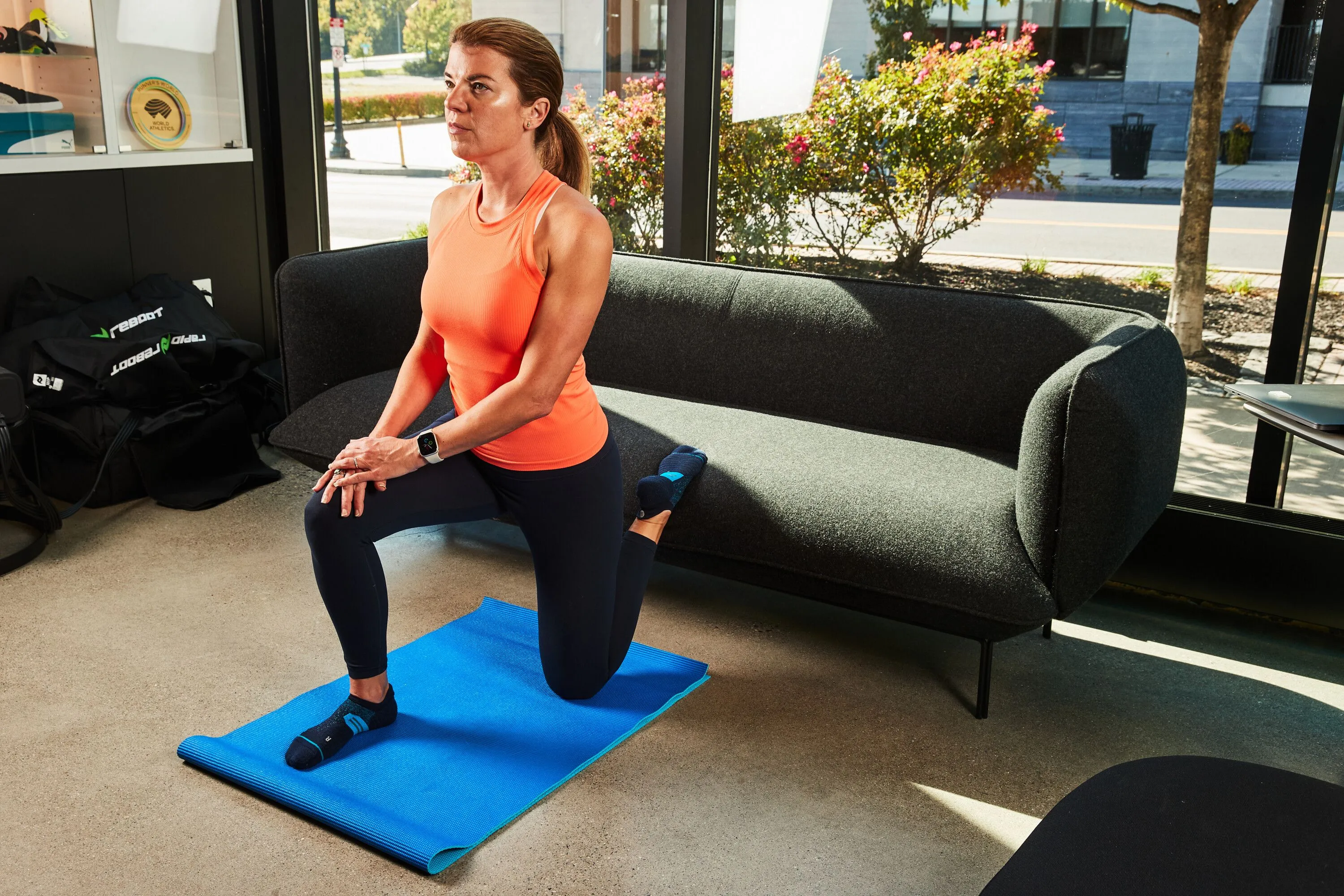Core Active Stretching: The Plus Exclusive Guide to Achieving Your Fitness Goals

Exploring Core Active Stretching
Core active stretching, sometimes referred to as end-range isometrics, involves activating muscle while they are optimally stretched. This practice not only enhances flexibility but also focuses on muscle stability to prepare the body for movement.
Why Active Stretching Matters
Incorporating **active stretching** can help reduce muscle tightness and improve overall joint stability. By engaging in this technique, you signal your nervous system to safely expand your range of motion.
Best Practices for Active Stretching
- Active Hamstring Stretch: Stand with your feet hip-width apart and step forward with one leg while keeping a gentle bend in the other knee. Contract the hamstring while feeling the stretch.
- Active Couch Stretch: Assume a half-kneeling position with one foot on a wall or couch to stretch your hip flexors.
- Active Calf Stretch: Step back with one foot while pushing the heel of the other foot into the ground to feel the calf stretch.
- Active 90-90 Stretch: Sit with legs bent and lean forward to activate hips and glutes.
- Kneeling Rotational Hold: Rotate your torso while on all fours to stretch and activate the upper back muscles.
Incorporating Core Active Stretching into Your Training
For optimal benefits, practice **active stretching** at least three times a week, whether you are running or engaging in cross-training activities.
Disclaimer: The information provided on this site is for informational purposes only and is not intended as medical advice. We are not responsible for any actions taken based on the content of this site. Always consult a qualified healthcare provider for medical advice, diagnosis, and treatment. We source our news from reputable sources and provide links to the original articles. We do not endorse or assume responsibility for the accuracy of the information contained in external sources.
This article was prepared using information from open sources in accordance with the principles of Ethical Policy. The editorial team is not responsible for absolute accuracy, as it relies on data from the sources referenced.